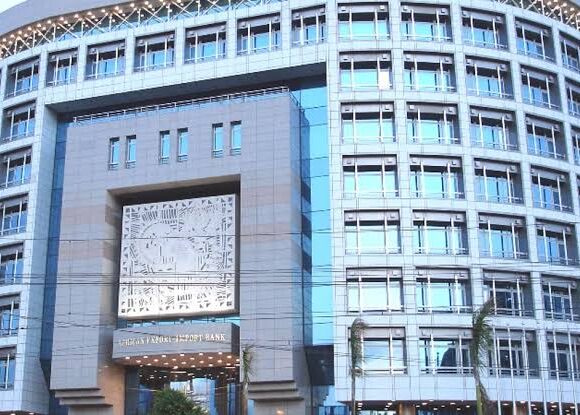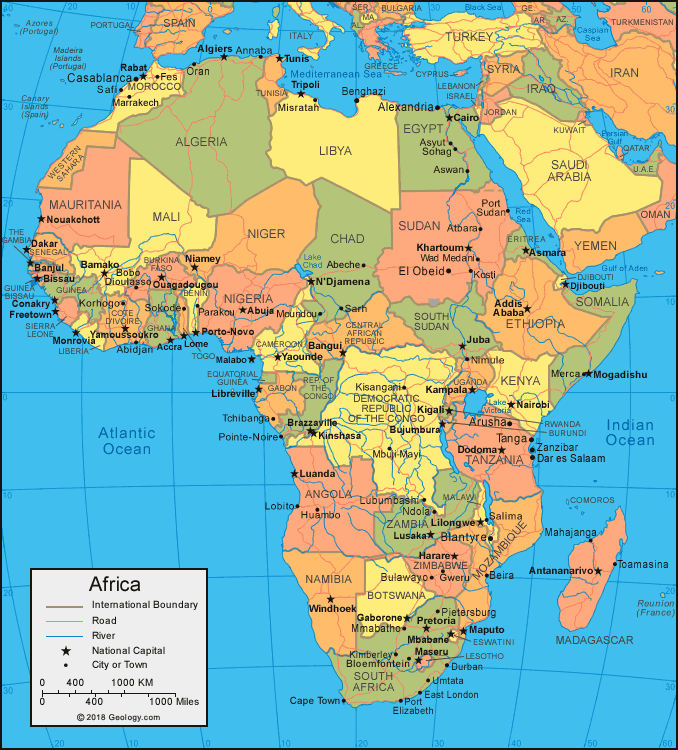Cash cows | The Making of African Migration

By Elizabeth BanyiTabi, Emmanuel Mutaizibwa, Ngina Kirori, Theophilus Abbah and Brezh Malaba
Key Points
-
The financial exploitation of migrants is a multimillion-dollar business for agencies, rackets, syndicates, and scammers
-
Many state officials are involved in schemes exploiting migrants
-
The production of passports yields hundreds of thousands of dollars per day
-
African countries also receive billions from migrants abroad
“He can pray for your visa,” promises apostle Goodwin, from his stage at the Zoe Ministries evangelical settlement on the shores of Lake Victoria, just outside Uganda’s capital Kampala. “Many have been helped already. They have travelled, they are working in the United States. You only have to bring offerings and he’ll work his miracles for you.”
The thousands gathered here on this Tuesday evening await Prophet Elvis Mbonye, he of the white robes, the headphones, and the prosperity miracles that come from his direct connection to God, to do precisely that. Eagerly, they write down their prayers, placing these, together with banknotes, in envelopes, then pass the envelopes to passing apostles. The “blessings” don’t come cheap in this middle class congregation: Bronze ones cost the equivalent of US$85; Silver will set you back US$185; Gold US$210; and Platinum US$275.
The faithful roar and cheer when the prophet mounts the stage, raises his eyes to the heavens, and starts to pray. “I believe it,” says a young woman next to ZAM reporter Emmanuel Mutaizibwa, who says her name is Grace Zawedde, with fervour. “I believe I can go to the US.” Her eyes are shining.
The young woman really trusts the prophet
On a Tuesday several months later, a woman climbs up the stage saying that the offerings she “laid at the feet” of the prophet (who is, according to the website Religion Unplugged now worth US$115 million https://religionunplugged.com/news/2023/1/17/in-uganda-prophet-elvis-puts-the-profit-in-prophet) bore results. Not only was her visa appointment moved forward by ten months, just in time for her flight to America, she testifies, but she also immediately got a job. Among the renewed cheers, no one asks what she is doing back here in Kampala, then.
In Douala, Cameroon, two young women have just returned, traumatised and penniless. They tell ZAM team member Elizabeth BanyiTabi that the man who promised them a trip to the United states abandoned them in Lagos, Nigeria. They had a terrible time making their way back, they say, crying. They say they trusted the man because he was so well-dressed and groomed and well-spoken. He had said he was a doctor in America and he really wanted to help them have a bright future. They had paid him a “down payment” of one million CFA francs, around US$1,650, each, for the promised visa.
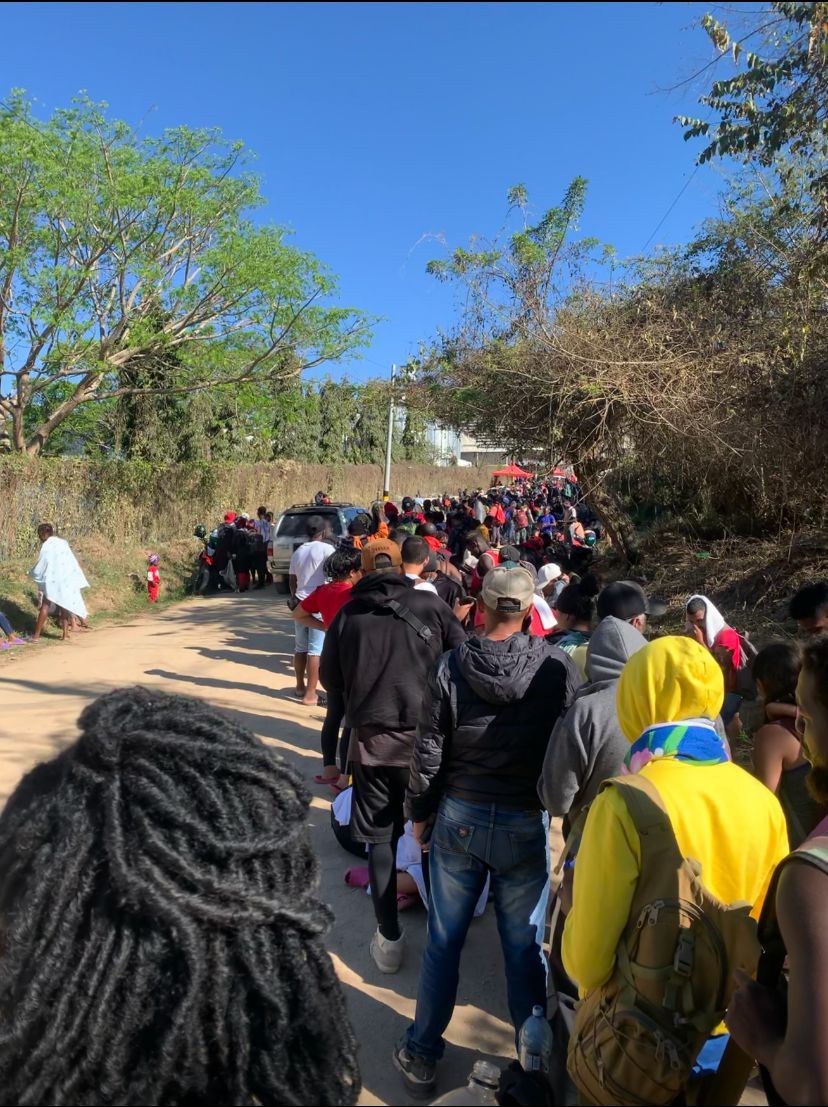
Honduras. Thousands of Cameroonian immigrants who just arrived from Nicaragua are waiting to get a pass to enable them to travel by bus across the country into Guatemala.
Death of a vice consul
A few weeks later, a scandal breaks in Douala. French vice-consul Christian Hué is found hanging in a room in his villa, an apparent suicide, amid talk about fake visas. “Unofficial sources” have told local media that Hué irregularly issued close to 500 Schengen visas after having been “blackmailed with sensitive information” into doing so by a Cameroonian businessman “who has a history of fraud” https://www.newsdirectory3.com/man-suspected-of-pushing-french-consul-to-suicide-arrested-in-douala/. The man is arrested on 13 September, arriving back at Douala airport from France, amid allegations that he charged his clients US$6,000 per visa, netting him close to US$3 million. Media reports further link the man to powerful government and elite circles, as well as to French construction multinational Bolloré (1), which has a large presence in Cameroon. He is released soon after his arrest.
Unofficial sources said the man was blackmailed
Neither the police nor the French consulate have commented on the case so far, but visa issuance to France in Cameroon, already down after a spate of anti-French rumblings in the region, appears to have come to a complete halt after the affair. “The latest events have not helped the situation,” a French diplomat who requested anonymity confirms to Elizabeth BanyiTabi.
Well-connected individuals, officials directly employed by the state, as well as staff of international migrant and refugee organisations have all benefitted from the lucrative financial exploitation of migrants. A 2023 report by the US State Department’s Office to Monitor and Combat Trafficking of Persons https://www.state.gov/reports/2023-trafficking-in-persons-report/cameroon/, mentions “corruption and official complicity in trafficking crimes” as “significant concerns” in Cameroon, while a recent investigation by the Museba Project https://www.ghanabusinessnews.com/2023/01/03/the-great-refugee-fraud-in-cameroon/ uncovered involvement of Cameroonian state and UNHCR officials in a scam whereby would-be migrants were sold fake refugee papers.
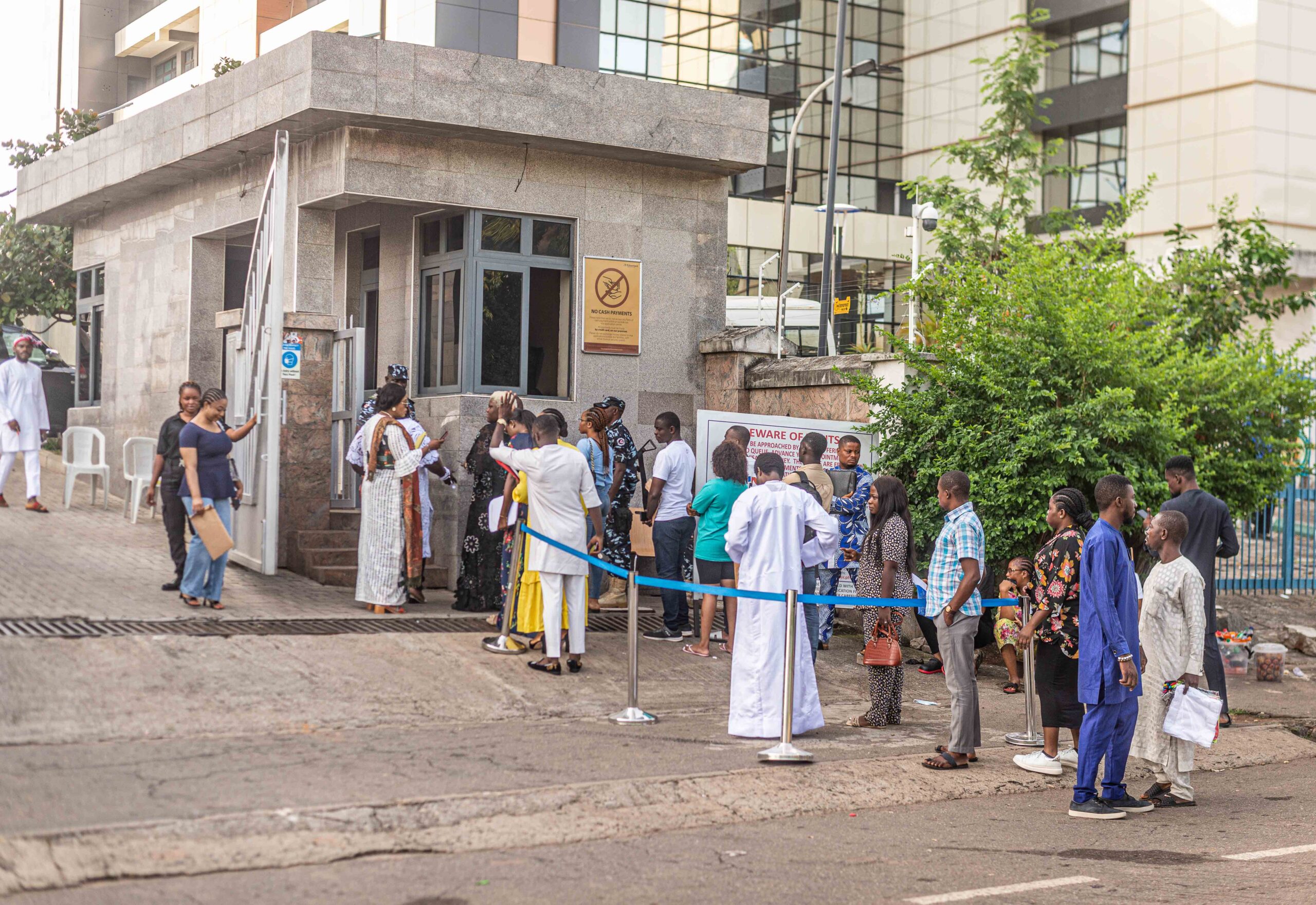
Visa applicants stand in line, anticipating entry into the visa office in Muktar El Yakub Plaza Abuja. Photo by David Exodus
In Nigeria, a 2023 report by the same US State Department office points at involvement in migrant trafficking by security officials and government staff in refugee camps https://www.state.gov/reports/2023-trafficking-in-persons-report/nigeria. One migrant who was returned to Nigeria by the International Organisation for Migration (IOM) after failing to make it through the Sahel mentioned to ZAM reporter Theophilus Abbah that IOM staff had helped some of their fellow returnees “to sell their starter packs to try again.” Asked to comment on this accusation, the IOM in Nigeria did not respond.
These girls are protected from high up
Strategic labour externalisation
The ZAM investigation uncovered official complicity in migrant smuggling in Uganda as well. “These girls are protected from ‘high up’,” an immigration official tells a human rights worker about a line of young women at the airport who aspire to travel to Saudi Arabia. A 2020 report by the Global Initiative Against Transnational Organised Crime https://riskbulletins.globalinitiative.net/esa-obs-003/02-attempts-to-fight-human-trafficking-from-uganda.html states that that “attempts to fight human trafficking from Uganda are undermined by corrupt links between bogus (Gulf labour) recruitment agencies and people in positions of power.”
ZAM’s Emmanuel Mutaizibwa furthermore reports the existence of a “safe house” in Busia district just over the Kenyan border where Ugandan women pass to Kenya on their way to the Gulf. “A man took our passports and 15,000 shillings (US$39). We were then transported on motor cycles. Once over the border, at the house, someone gave the passports back, stamped,” said one young woman who made the trip.
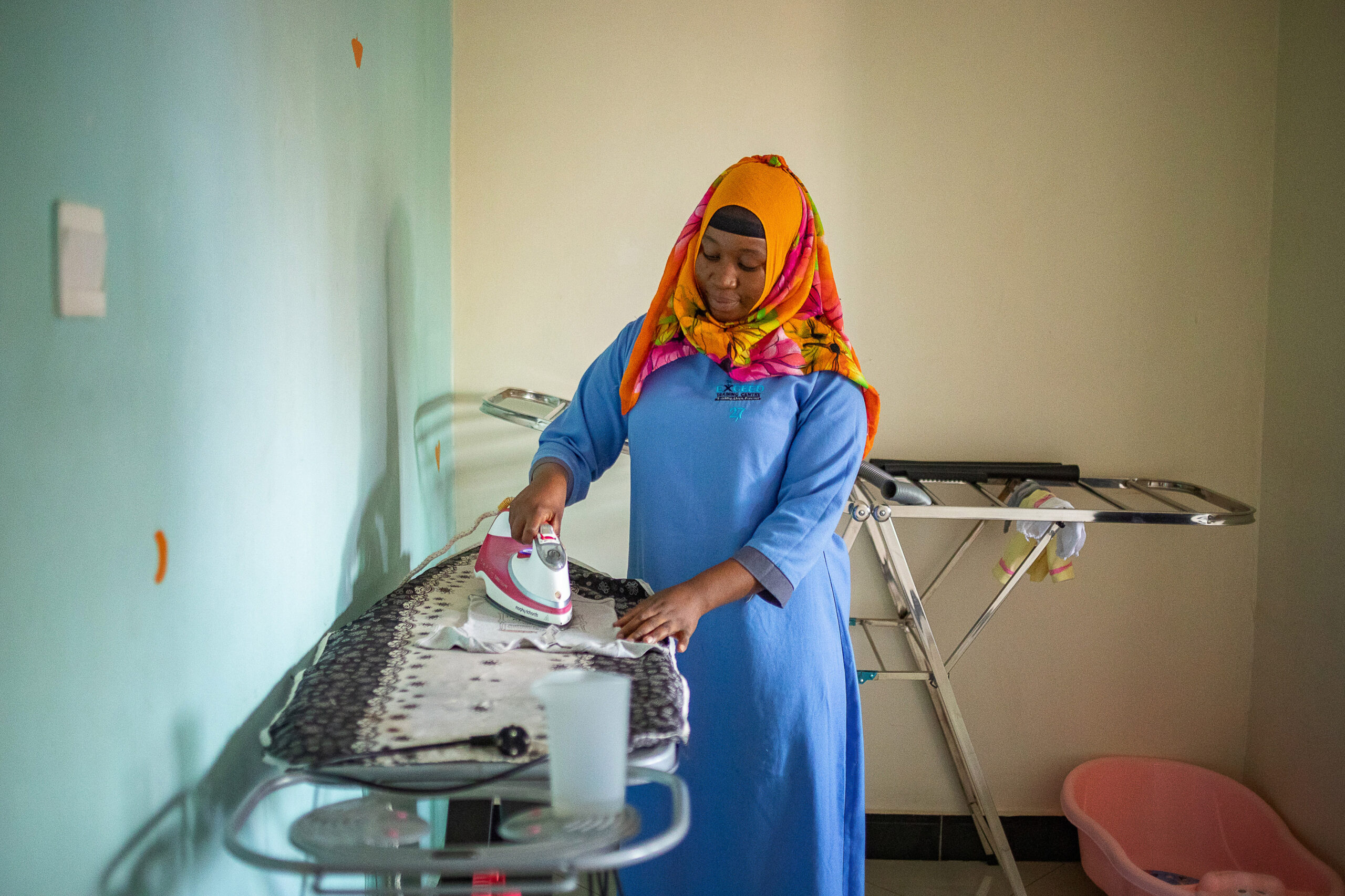
A Ugandan lady is taught how to iron inside a training facility for domestic workers in Kampala, Uganda before embarking on her journey to work in Saudi Arabia as a housemaid. Saudi Arabia and other Gulf states are frequent destination for Ugandan domestic workers. Photo by Badru Katumba
Uganda formally operates a “strategic labour externalisation programme” which aims “to facilitate the (legal) recruitment of Ugandan migrant workers to decent employment opportunities and promote the protection of their rights and welfare in destination countries.” The bilateral labour export agreement with Saudi Arabia was formally suspended in December 2022 over complaints of mistreatment and torture of Ugandan migrant workers, but the practicalities of the suspension, against which many recruitment agencies have protested, are still being debated. Meanwhile, most of the traffic to Gulf states seems to continue to happen through grey channels.
Women should simply follow protocol
In Kenya, a government representative told ZAM reporter Ngina Kirori that migrant women should “simply follow advised protocol” and not use “rogue” recruitment agencies. But, in practice, the difference is not clear, nor has the government been seen to act against any perceived “rogue” agencies. A civil rights activist who asked to remain anonymous criticised this attitude, saying: “When it has been proven that all the procedures were followed (by the women), mistreatment still occurred.”
The US State Department reported that smuggling syndicates in Kenya in 2022 “colluded with various law enforcement and immigration departments, including those at border checkpoints and airports, to transport trafficking victims,” leading to “serious and sustained concerns of official complicity in trafficking crimes, which hindered both law enforcement efforts and victim identification,” adding that “the government did not report any law enforcement action against allegedly complicit officials.” https://www.state.gov/reports/2023-trafficking-in-persons-report/kenya/.
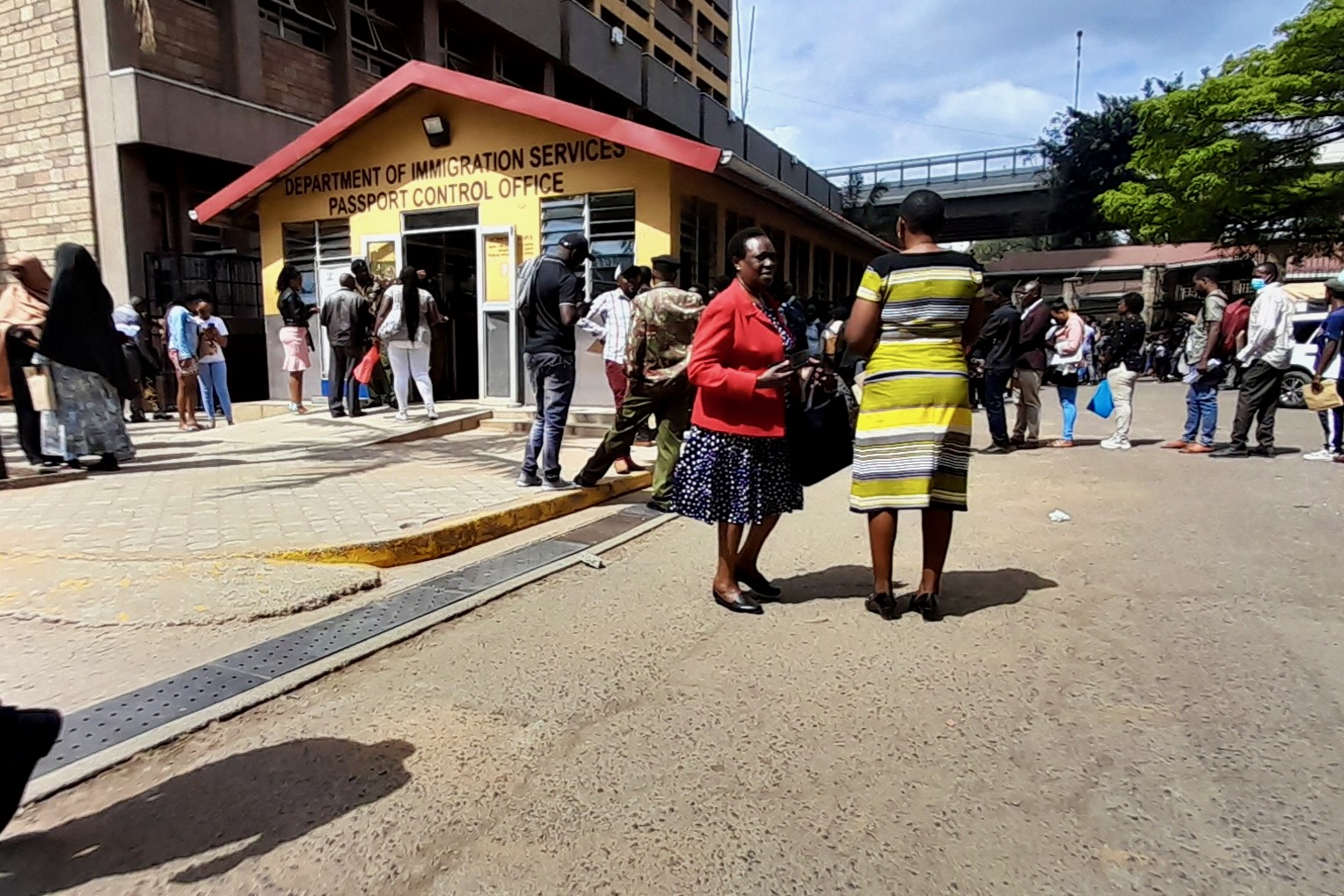
People wait outside the immigration office to process their documents and passport applications. Photo by Ngina Kirori
Millions in transport fees
Anti-trafficking reports, like those quoted above, routinely refer to migrants as “victims” while neglecting to mention that migrants almost always pay for their transport themselves, often with their entire families’ savings, including the necessary bribes to corrupt officials. According to the NGO Migrant Rights, the Gulf state-focused labour recruitment agencies charge between US$600 to US$2,200 per person from aspiring migrants in Uganda https://www.migrant-rights.org/2022/09/exorbitant-fees-entrap-ugandan-workers-in-the-gcc/. The fees charged by agencies in Kenya are said to range from US$300 to US$1,200, depending on the agency and the specific Gulf country involved https://www.business-humanrights.org/en/latest-news/huge-recruitment-fees-charged-for-jobs-in-the-gulf-qatar-recruiters-accused-of-demanding-the-highest-commissions/. According to government statistics, 80,000 Kenyans and 87,000 Ugandans travelled to the Gulf nations and the Middle East in 2022, which means that, at the very lowest estimate, around US$76 million was paid by migrants to labour agencies in that year.
But an even bigger and more direct cash cow for states that deliver migrant labourers into the Gulf and other countries are the remittances. According to recent figures, migrant labourers delivered US$187 million to the Kenyan economy from Saudi Arabia in the first eight months of 2022 alone https://www.theeastafrican.co.ke/tea/business/saudi-remittances-double-3959522. Overall diaspora remittances to the country amounted to over US$4 billion, while Ugandan remittances from abroad globally amounted to US$1,1 billion in 2022 https://www.monitor.co.ug/uganda/business/markets/uganda-records-shs4-2-trillion-from-remittances-3949628. Much smaller Cameroon (17 million in population, compared to 45 million in Uganda and 53 million in Kenya) received close to US$300 million in the most recent 2021 figures https://www.theglobaleconomy.com/Cameroon/remittances/#:~:text=For%20that%20indicator%2C%20we%20provide,is%20297.25%20million%20U.S.%20dollars, while Zimbabwe, similar in population size to Cameroon but with many more citizens residing abroad, receives around US$2 billion annually. Remittances to the large Nigerian economy hover around US$20 billion per year.
Diaspora remittances are estimated at US$91 billion per year
Total diaspora remittances towards Africa are estimated by the UN at US$91 billion yearly, close to the GDP of Kenya, three times that of Zimbabwe and more than twice that of Uganda and Cameroon. (Only Nigeria is multiple times bigger than that, at US$440 billion, but even that GDP has been falling sharply in the past decade.)
The passport cash machine
Passport fees are another cash cow for countries where tens of thousands are clamouring to leave. According to Zimbabwe’s Registrar General, the country issues 5,000 passports per day at a rate of US$120 each, resulting in a daily turnover of US$600,000. Passports in Cameroon are even more expensive, to the equivalent of up to US$180, while production stood at 1,500 per day in 2021, creating a turnover of US$270,000 per day. Uganda’s passports are issued at rate of 2,000 daily at US$67, yielding the state US$134,000 per day. Kenya’s production of the papers recently went up from 1,500 to 5,000 per day at US$31, amounting to US$ 155,000 daily. Nigeria’s passports cost US$30 and have been issued at a rate of 5000 per day, but the government recently announced that it will ramp it up to 24,000 per day https://punchng.com/nis-to-commence-24000-passports-daily-production-soon-fg/ in the face of much increased demand.
The government refers questions to the relevant department
g African governments to have their citizens turn into migrants and stay outside their countries, than to provide them with jobs and public services? Asked by Ngina Kirori whether the government was engaged with creating better labour conditions in Kenya, where six out of ten interviewees aimed to travel because “there were just no prospects here,” Foreign Affairs Permanent Secretary Roseline Njogu said that that question “should be put to the relevant departments.” When Kirori asked the National Employment Authority for its plans to address the unemployment and poverty scourges, an official who answered the phone transferred the call to the Director-General’s office, where another official requested that Kirori put her questions in an email. The agency subsequently acknowledged receipt of the email sent by Kirori but did not respond to the queries.
Note: Bolloré was earlier mentioned in ZAM’s Martinez Zogo project https://www.zammagazine.com/investigations/1654-cameroon-67-suspicious-transactions as linked to a Cameroonian recipient of suspicious French state treasury payments. The individual in that report heads a local Bolloré subsidiary and uses a Bolloré email address.
This investigation was coordinated and edited by ZAM’s investigations editor Evelyn Groenink
Read other reports here Losing hope |The Making of African Migration
Migration is not the West’s problem, it is Africa’s
Where exit is the biggest cash cow
Uganda| Between prayer and protest
Nigeria | The returnees who leave again
Paying dictators | The Making of African Migration
Migration is not the West’s problem, it is Africa’s
The Insight Report
Nigeria Coverage

